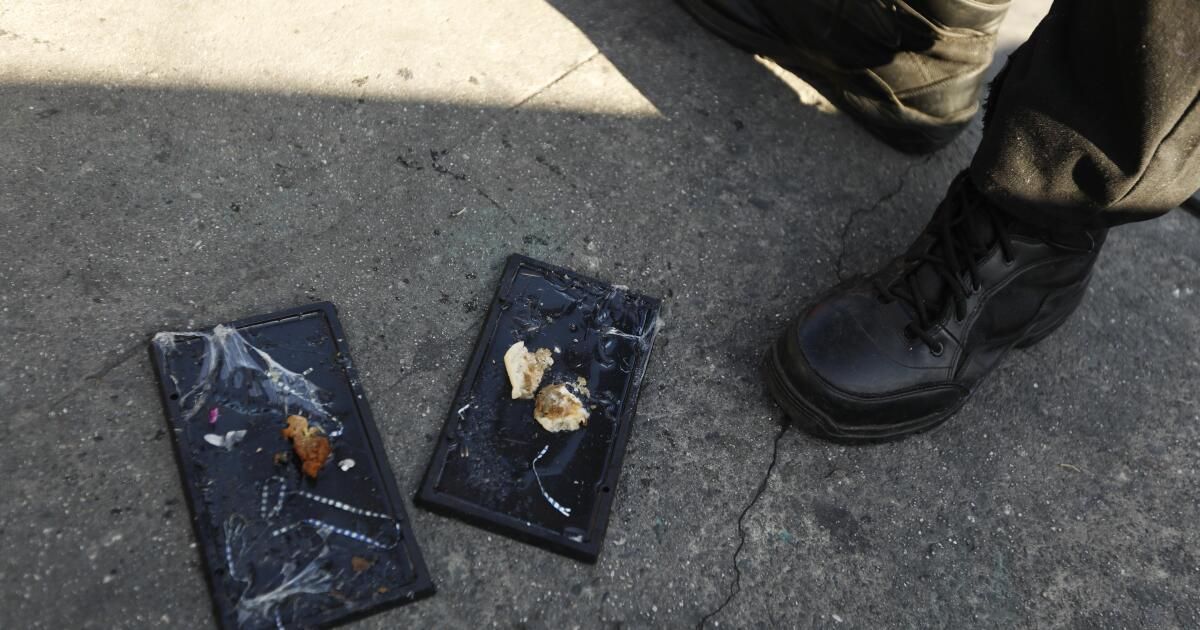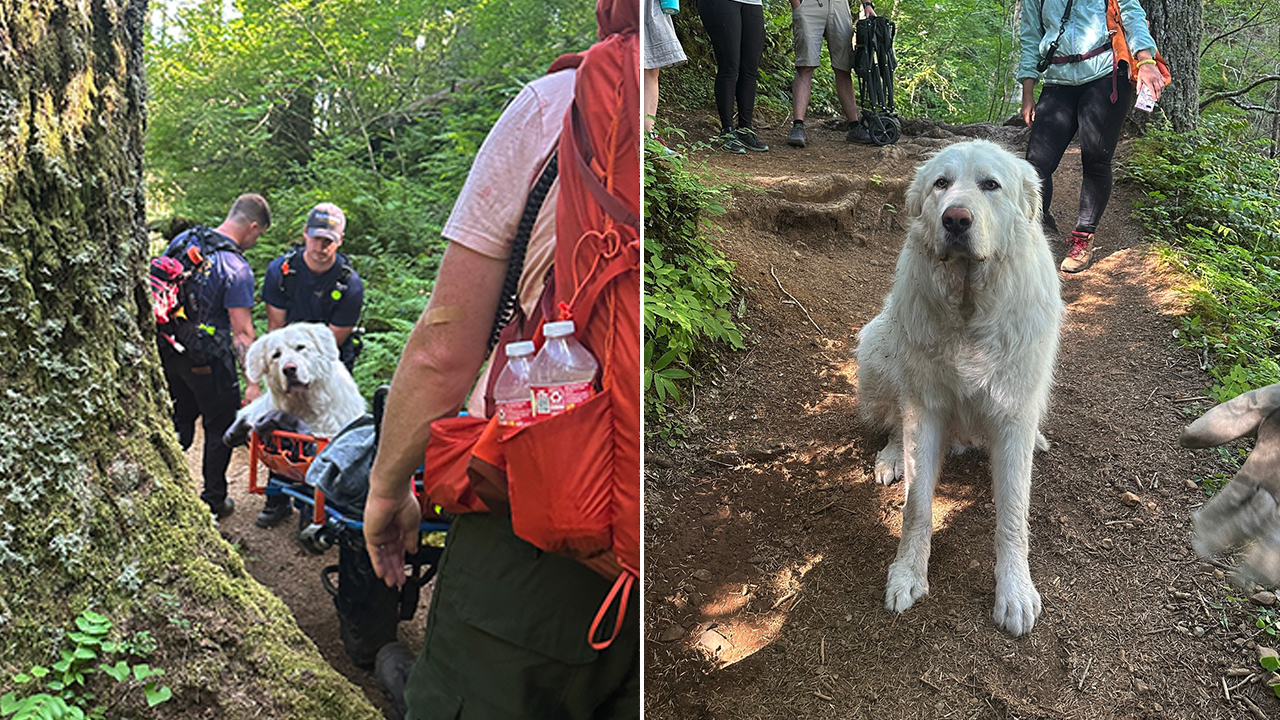Animals die slowly and painfully from starvation, dehydration, asphyxiation and blood loss. Having your eyes and mouth glued together. Chewing on his own limbs trying to free himself.
Jakob Shaw, special projects manager for People for the Ethical Treatment of Animals, laid out the dire consequences of glue traps Tuesday as the Ojai City Council considered a ban.
Glue traps (boards coated with an adhesive intended to catch rodents) have trapped birds, bats, chipmunks, lizards, opossums, mice, rabbits, salamanders, snakes, turtles and even flying squirrels, Shaw said, citing the database. WILD-ONE, created by the Virginia Wildlife Center.
“The suffering must end,” said Ojai Mayor Betsy Stix.
At the meeting, the council unanimously approved an ordinance banning the sale and use of glue traps, making it the second city in the country to ban them, after West Hollywood last year.
Brian Popovich, management analyst for the city manager's office, noted Ojai's “great history of supporting items that promote animal welfare.” This includes the recent passage of an ordinance declaring that elephants have the right to freedom.
In addition to citing the inhumane suffering and deaths of trapped animals, Popovich said the Centers for Disease Control and Prevention has warned against using glue traps.
“DO NOT USE glue traps or live traps,” the CDC states. “These traps can scare rodents and cause them to urinate, which can increase their chances of getting sick.”
Popovich told the council that the most humane alternatives are snap traps, live traps or electric traps. Electric and pressure traps, he said, are more likely to kill rodents instantly, reducing their suffering, while live traps are intended to safely capture and release animals.
Glue traps, Shaw said, “are responsible for more suffering than any other commercially available wildlife control product.”
“They pose a threat to all the amazing animals that live in and around Ojai,” he said. “They are just these horrible indiscriminate killing devices that permanently incapacitate, injure and kill countless small animals every year.”
Shaw said that, according to the WILD-ONE database, 180 species of wildlife had been caught in glue traps and taken to animal hospitals.
This year, the Virginia Wildlife Center posted on Facebook about an eastern owl that flew into a glue trap. The veterinary team bathed the owl to remove any glue residue and carefully dried its feathers with a hair dryer.
“The horrible thing about glue traps is that the vast majority of animals that get caught in them are not even taken to an animal hospital or wildlife rehabilitator,” Shaw said. “They are left to suffer unbearably painful deaths.”
All three people who made public comments at the meeting expressed support for the ordinance; However, one questioned: “As bad as glue traps are, are we just pushing people toward worse options?”
Ojai's ban will take effect within 30 days.












